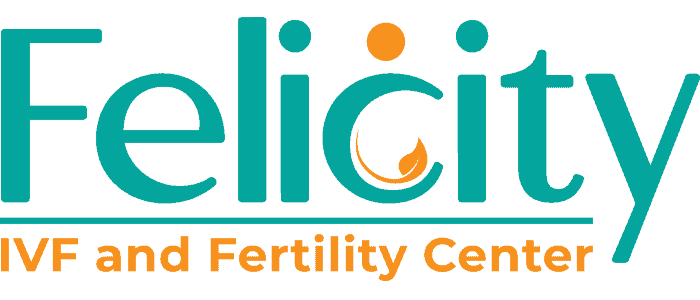Intrauterine Insemination or IUI is a procedure where highly motile sperms are injected into the uterus around the time of ovulation in women with patent fallopian tubes. The concept of IUI is to make sure there is a sufficient number of sperms available near the fallopian tube when the egg is released from the ovary during the time of ovulation.
IUI Center In Hyderabad
 Indications for IUI
Indications for IUI
- Couple who have failed to conceive with Ovulation induction
- Men with low sperm count
- Women with Mild endometriosis
- Couple with Unexplained infertility
- IUI with Donor Sperm
 How is it done?
How is it done?
IUI can be done in a natural cycle or a stimulated cycle.
IUI in a stimulated cycle is usually done from Day 2-3 of the menstrual cycle. Hormonal therapy is given and follicle growth is monitored at frequent intervals. Once the desired number and sizes of the follicle/Egg are attained, ovulation is initiated by Hcg injection and IUI is planned accordingly.
 When is it performed?
When is it performed?
IUI is usually done 32-36 hours after hCG injection once ovulation is documented on the scan.
Men are advised to give a semen sample on the day of the IUI procedure, the semen sample is washed as it contains dead cells and pus cells in it. The sample is later processed with a swim-up technique wherein only highly motile sperms are collected into the catheter and loaded for Insemination into the uterus.
Women during the procedure are advised to lie down in lithotomy position, under proper aseptic precautions, a speculum is inserted into the vagina and the cervix is fixed. The catheter is then passed slowly inside the uterus through the cervical opening, the sperms are deposited near the fundal part of the uterus. Women are advised to rest for 15 min post-procedure.
IUI is an OPD procedure with no downtime.
Pregnancy is confirmed after 15 days post-procedure through a BHCG test.
 Side effects
Side effects
As such IUI is a minor OPD procedure with minimal or no risk factors. The minimal risks include spotting, backache and vaginal discharge.
 Contraindications of IUI
Contraindications of IUI
- IUI cannot be performed in certain conditions like
- Bilateral Tubal block
- Cervical atresia
- Cervicitis
- Severe Oligospermia
FAQ's
Yes, many women successfully conceive with IUI. At Felicity IVF and Fertility Center, we offer supportive care, guiding you through your fertility journey with compassion and expertise.
Both IVF and IUI have their advantages. IVF tends to have higher success rates, but it’s more invasive and costly compared to IUI. At Felicity IVF and Fertility Center, we provide personalized recommendations based on your unique situation, ensuring you receive the most suitable treatment with our expert guidance.
Risks associated with IUI are minimal. They may include mild cramping and a slight chance of multiple pregnancies. At Felicity IVF and Fertility Center, your safety is our priority. We’ll discuss any potential risks and ensure you feel informed and supported throughout your fertility journey.
The discomfort during IUI is usually minimal, often likened to a Pap smear. At Felicity IVF and Fertility Center, we prioritize your comfort. Our team ensures you’re well-supported throughout the procedure, minimizing any discomfort you may experience.
The number of IUI cycles varies for each individual. Some conceive within a few rounds, while others may need more attempts. At Felicity IVF and Fertility Center, we personalize your treatment plan, considering your unique circumstances to optimize your chances of success.
While possible, the chance of twins with IUI is lower than with IVF. At Felicity IVF and Fertility Center, we discuss any concerns and possibilities during your consultation, ensuring you have all the information you need to make informed decisions about your fertility journey.
Head of Department
A powerfull team working for your Health
